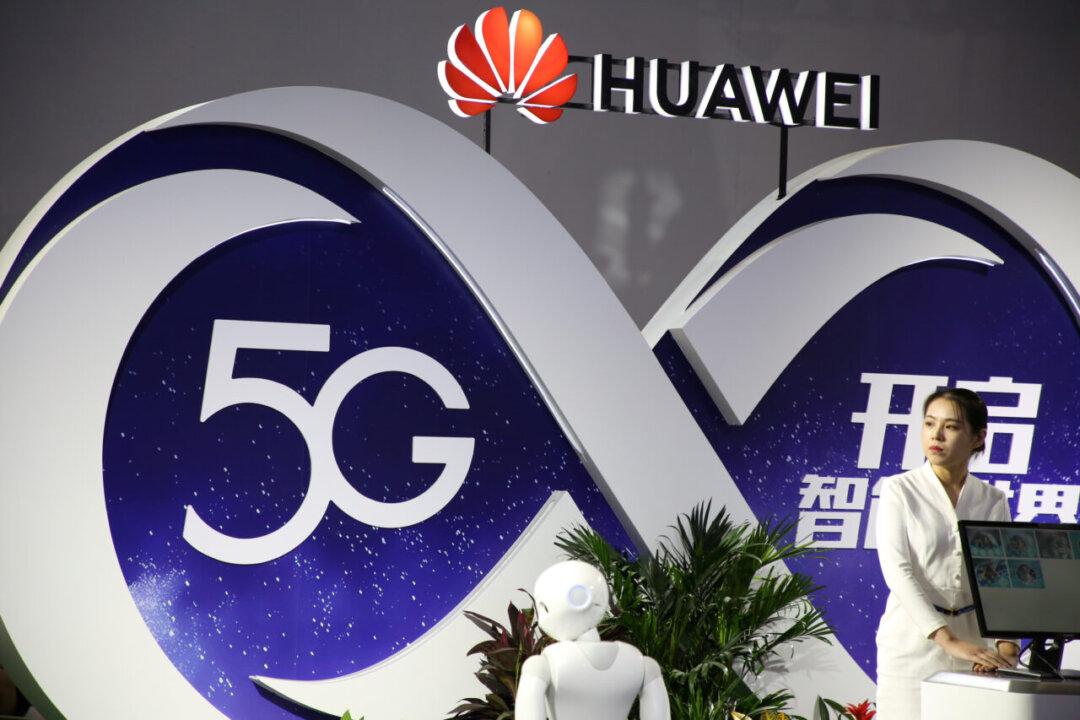WARSAW—Poland is set to exclude Huawei from its future 5G network in favor of European players following the arrest of an employee from the Chinese telecoms company on suspicion of spying, officials and industry sources say.
Polish government officials are talking to European Union and North American allies on the next steps but haven’t determined which telecoms equipment maker might replace Huawei, the sources said.





